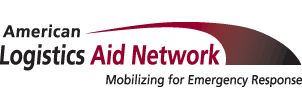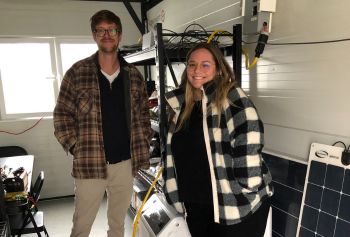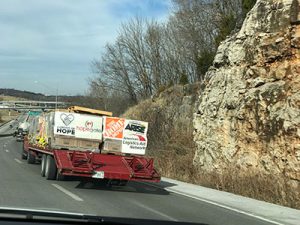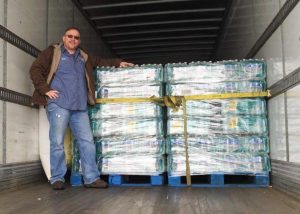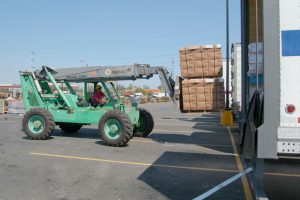In the aftermath of disasters, when the power goes out and the basic needs of communities are at risk, hope often comes in the form of action and innovative partnerships. The partnership between the American Logistics Aid Network (ALAN) and Footprint Project has become a beacon of sustainability and resilience, bringing solar-powered energy solutions to areas affected by catastrophic events.
Footprint Project, a nonprofit based in New Orleans, focuses on providing sustainable infrastructure support, including solar microgrids and atmospheric water generators, to communities in need. Since 2018, they’ve been working to make disaster response more environmentally friendly by replacing gas powered energy sources with solar options, a shift that not only addresses immediate power needs but also contributes to the long-term resilience of a community.
Since Hurricane Helene made landfall, Footprint Project has established power to over 40 sites, including community resiliency hubs. These hubs are more than just locations with electricity; they serve as lifelines for people relying on refrigeration for food donations, phone charging stations, and, most crucially, portable battery systems. These systems are distributed to individuals who rely on medical equipment, such as CPAP and oxygen machines, allowing them to safely manage their health needs without the noise and dangers of gas generators.
According to Footprint Co-Founder Jamie Sweezey, “Logistics are everything.” In the early days of the response, getting sustainable power units to the right places was a matter of life and death for many. With ALAN’s expertise in coordinating donated transportation and logistics, Footprint Project was able to move these crucial systems efficiently and safely, allowing Footprint Project to focus on their mission: providing sustainable power solutions to the hardest-hit areas.
For ALAN, partnerships like this reflect on their core mission: providing solutions that not only meet immediate needs but that also support the long-term recovery and resilience of communities. Together, ALAN and Footprint Project are not only delivering sustainable solutions—they are innovating the very framework of how we rebuild, recover, and eventually thrive after disaster.
